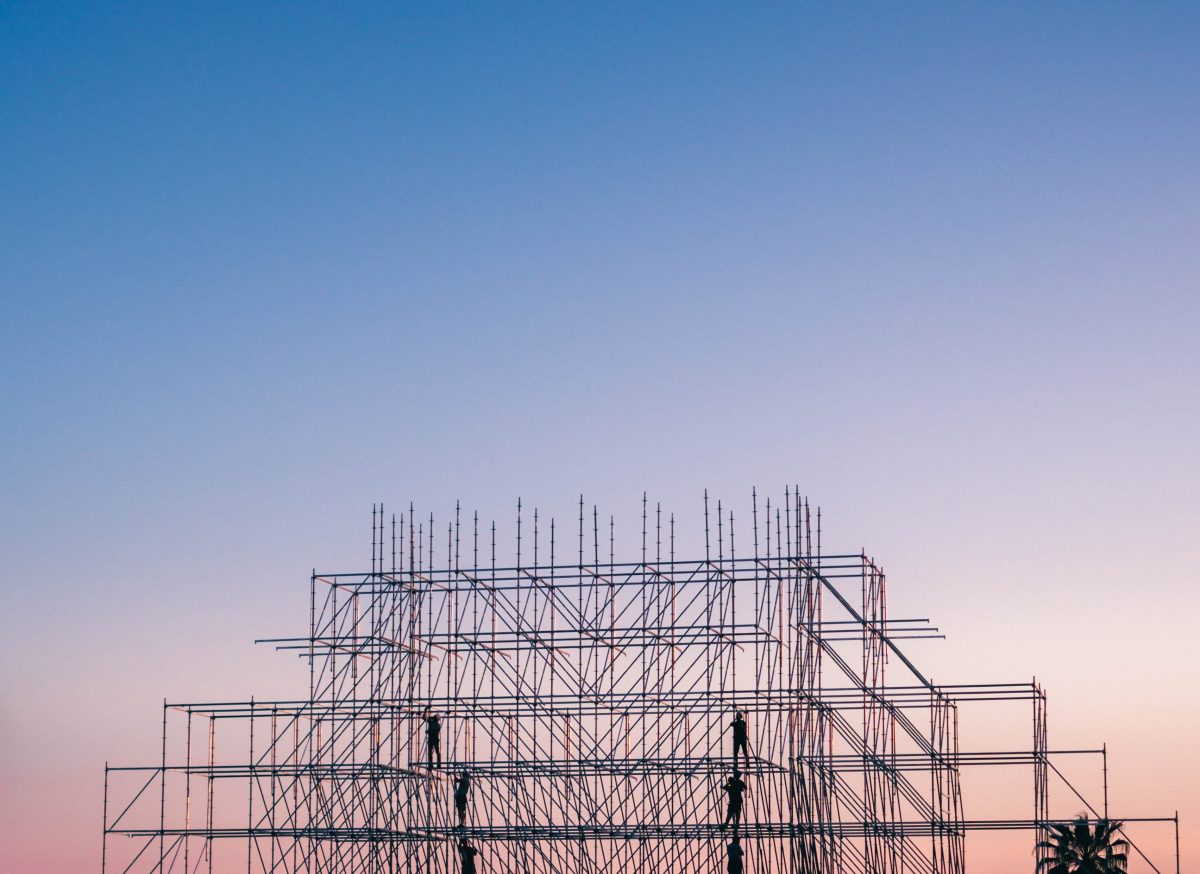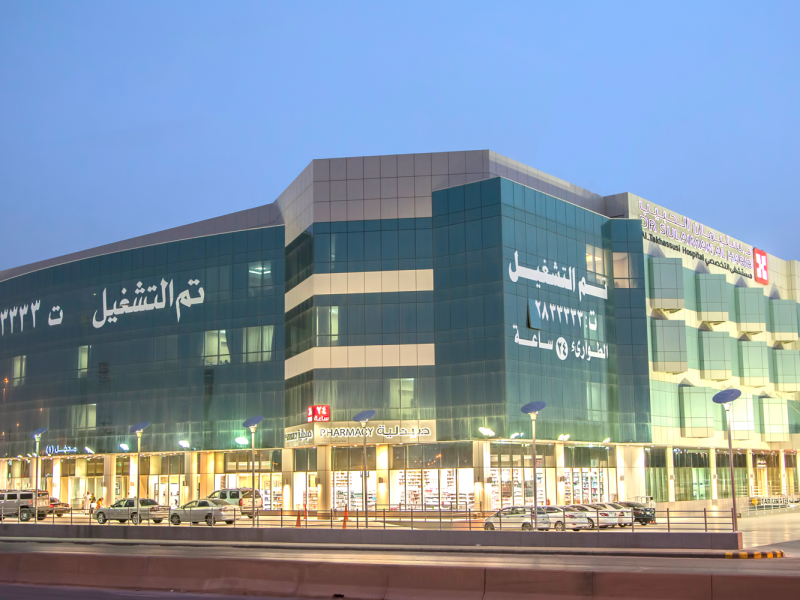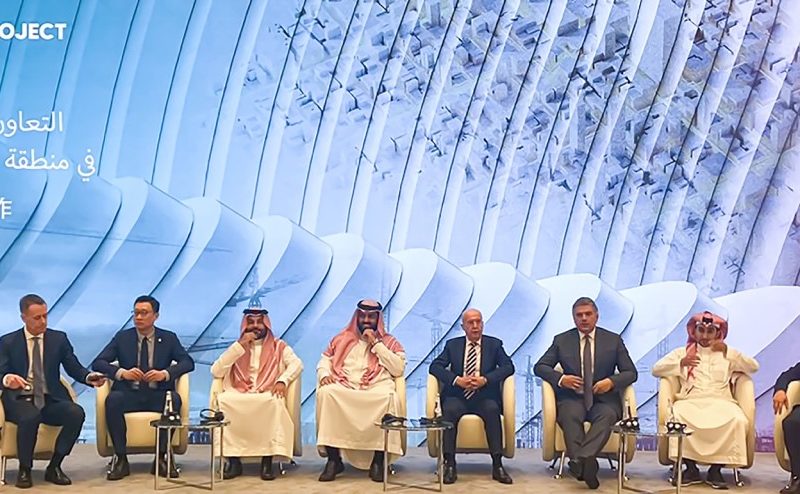When it comes to construction, few things are held in higher regard than long-term quality. That’s because it can build strong customer relationships, lead to repeat business and result in an enviable reputation.
But the key to long-term quality is the long-term part. After all, construction projects are not something to be applauded over and then forgotten about – they are installations that are meant to function for decades, even centuries, to come.
This is why construction needs a reliable defects resolution and quality control system. Defects are the burden of the construction business worldwide, with defective construction costing other regions such as the UK at least £20 billion every year.
Such losses are detrimental to running a profitable business anywhere in the world, but when we think about the specific danger defects pose to Middle East construction, the cost can be even greater. Let’s explore why.
The particular risk of defects in the Middle East
It’s no secret that construction in the Middle East has set itself some incredible benchmarks for the coming decades, and is already building up the momentum to achieve them. Yet if firms don’t have a proper handle on the quality of their construction, and how they resolve defects; they’ll constantly be taking one step forwards, and two steps back.
Then there’s the added fact that some regions in the Middle East have set their sights on raising global standards when it comes to construction output. Something that will be considerably undermined if its construction continues to experience defects.
According to 2021’s RICS Construction Monitor, two of the biggest concerns facing construction in the Middle East right now are a lack of funds (82%) and the cost of materials (65%) – both inextricably linked to quality control and poor defects resolution.
While if we look to the future, the price of material costs in the Middle East is set to grow by 6.19% over the next year – the largest increase compared to construction costs (5.32%) and skilled labour costs (2.98%).
The price of poor quality control and defects resolution is therefore set to go up, meaning companies in the Middle East need optimised quality control processes that can keep it defect-free and set benchmarks the world looks to for inspiration. Only then will the region redefine the way it’s viewed globally and continue on course to becoming a pioneer of structural and architectural excellence.
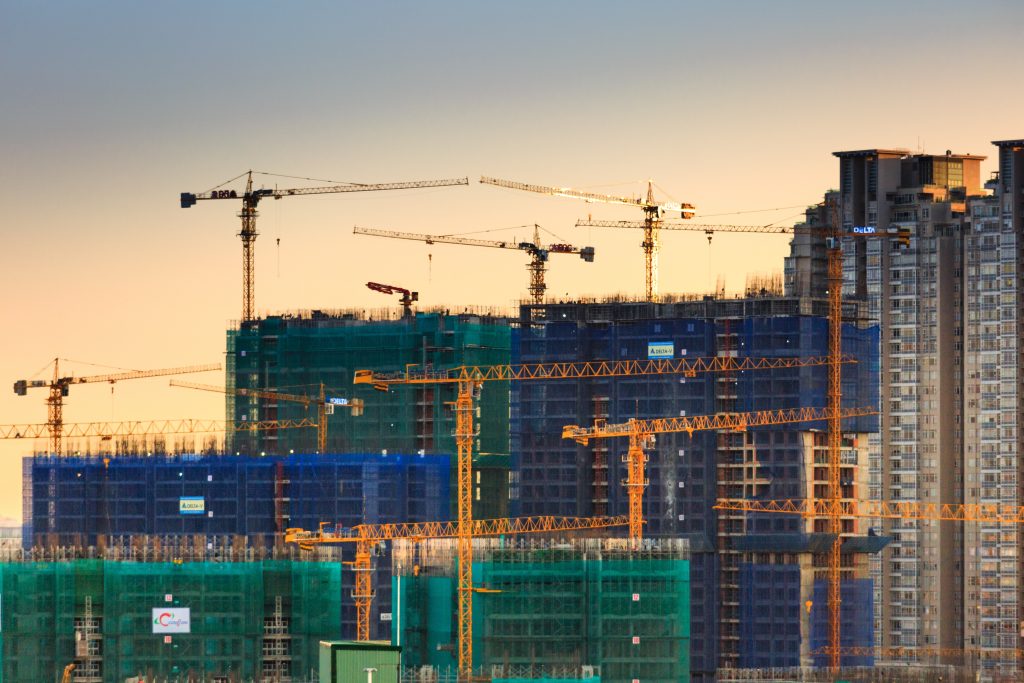
A single source of truth and quality
When it comes to the pace of digital transformation in Middle East construction, 71% of UAE managers are still using outdated tools. If the Middle East is set to achieve its core aims of hitting regional ambitions and showing the rest of the world how it’s done, then it needs to finally move its processes into the present. This means embracing smart technologies that streamline processes and bring an unprecedented level of visibility to identifying defects, and productivity to resolving them.
For this, you need a single source of truth – namely, a construction platform where all your tools sync to one place, and data is updated in real-time.
This is the bedrock of any firm that holds quality in high esteem. And with a technology platform under their belt, construction firms can ensure they have integral principles such as visibility and communication in place.
Digitising your defects resolution process
When it comes to the main change a platform brings to your construction habits, it’s visibility. Gone are the days when you’d keep crucial project information on individual devices or even paper. With a platform, you’ve opened the doors up to the entire organisation so that more informed decisions can be made without the need to chase down information each time.
This philosophy passes on to your processes too. Given we’re talking about quality control, let’s look at defect resolution. As much as we try to instil a defect-free culture, we must be prepared to resolve them as quickly as possible.
Snag lists are a part of any project, but with technology these can be optimised to make defect resolution even quicker. Take Procore’s Quick Capture tool for example. In the past, when a defect was spotted onsite, it might have been passed onto a colleague later that day, or written down and even forgotten about. Even when it is added to a traditional snag list, there’s ambiguity about where exactly the snag is and what needs to be done.
But by digitalising these processes, a construction worker can now take a photo and make a voice recording of the problem with pinpoint accuracy that leaves no margin for error when it comes to fixing it.
In this way, technology really shines a light into every corner of your projects and ensures anything that demands your attention, gets it.
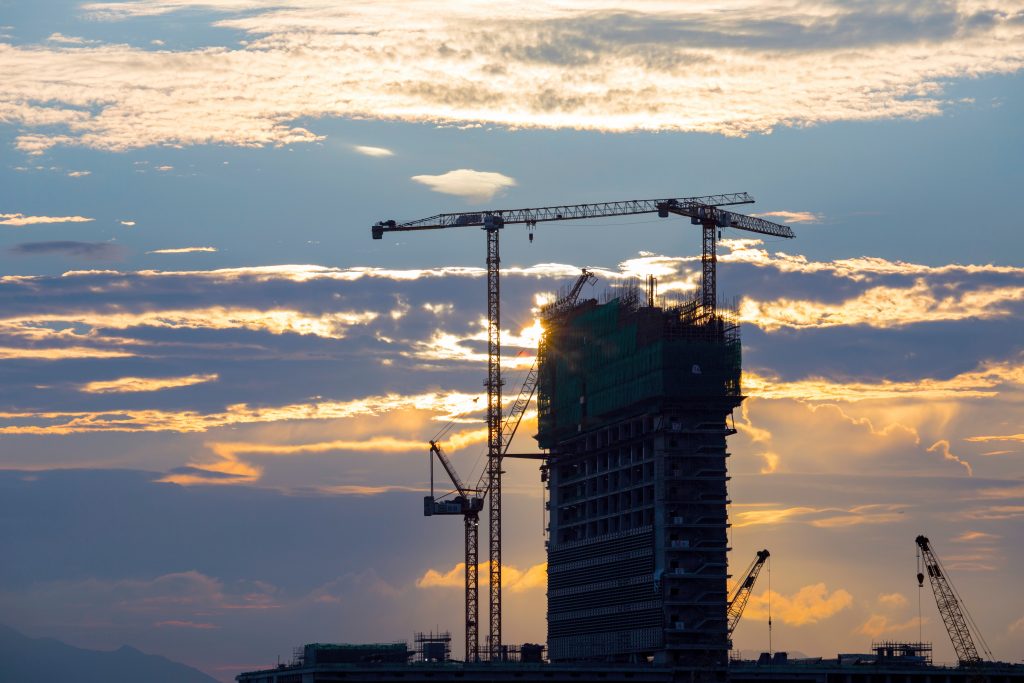
A quality culture enabled by the right technology
In Dubai, boutique fit-out business Verve is known for its high level of quality output. After all, the fit-out world is one where client expectations can change from day to day and quality cannot be compromised.
To keep providing the very utmost quality in the face of a burgeoning roster of clients, Verve needed to ensure it was not vulnerable to defects and ineffective quality control. Two factors that can hamper output, but also slow down productivity.
They therefore recognised the need to move away from information silos and gather consolidated, actionable, detailed and trustworthy insights on every project. For this, they needed a single source of truth that would in turn minimise the risk of errors and rework, shorten defect resolution and keep Verve moving at pace and at scale.
Verve started using Procore for a game-changing 360-degree view of its projects. Now, when any threat to their trademark quality is flagged, Verve can move quickly to track the cause and outline the steps needed to resolve it.
What’s more, all this information informs future processes to keep Verve agile in the event of similar issues, meaning they grow smarter on their journey to provide the very highest quality.
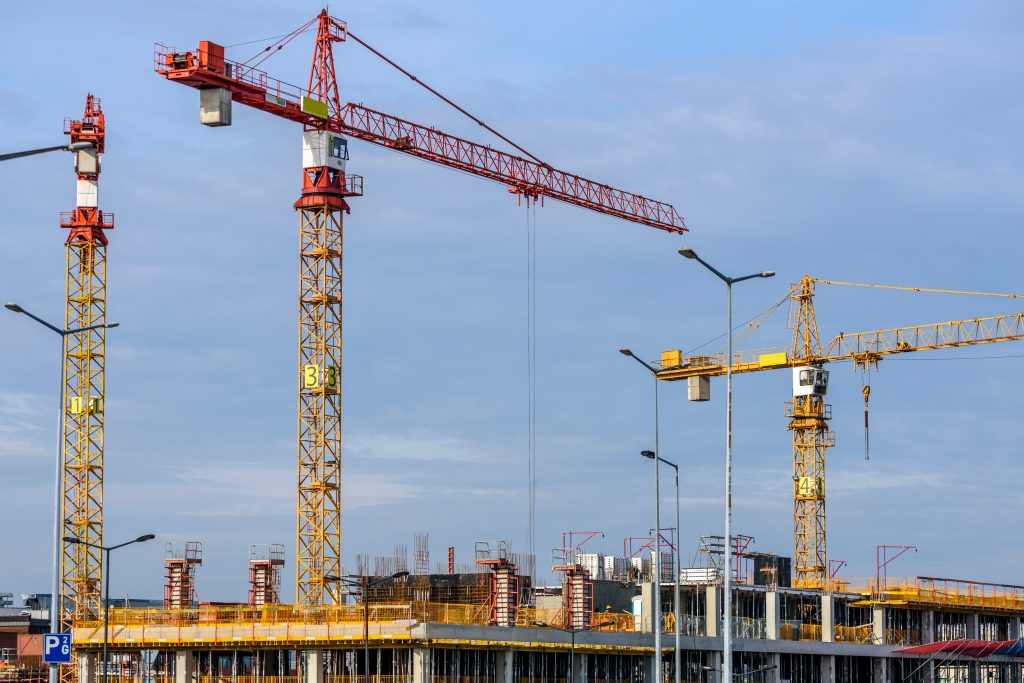
The future of Middle East construction needs both quality and quantity
In most cases, things are either a question of quality or quantity. But when it comes to Middle East construction, it’s both – a large quantity of high quality construction projects.
Because anything less and the next era of a very ambitious phase in the region’s construction will lack conviction.
Quality control is imperative to a defect-free future in the Middle East, and like most futures, it will be filled with transformative technology that will bring about positive culture changes, greater profitability and an enhanced reputation for excellence. The good news for construction firms in the Middle East is that technology is already here. Now it’s down to them to start using it.
To find out more, visit https://www.procore.com/en-ae/lp/smarter-construction

